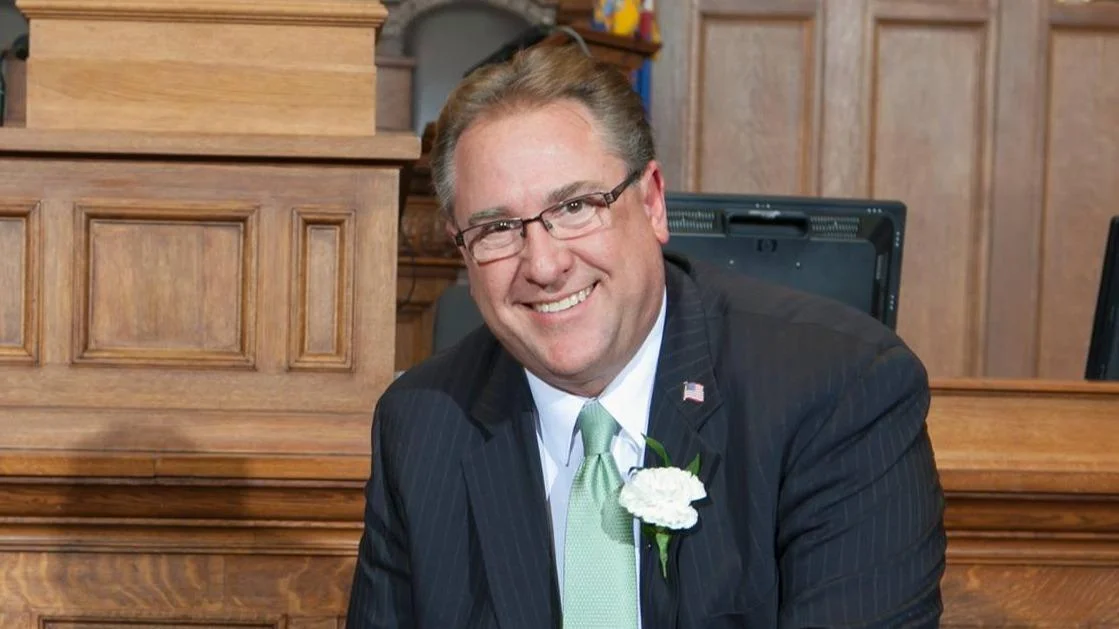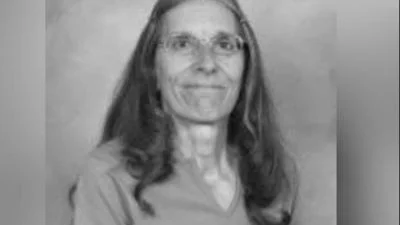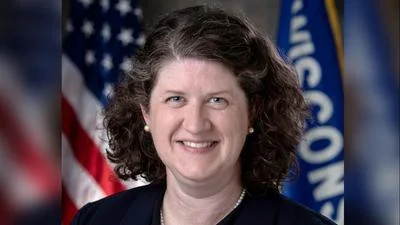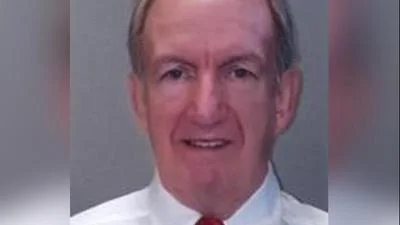Robert Brooks, Wisconsin State Representative for 59th District | Official website
Robert Brooks, Wisconsin State Representative for 59th District | Official website
According to the Wisconsin State Legislature's official website, the bill was described as follows: "local government competitive bidding thresholds. (FE)".
The following is our breakdown, based on the actual bill text, and may include interpretation to clarify its provisions.
In essence, this bill amends the existing regulations on competitive bidding thresholds for local government public works projects in Wisconsin. Specifically, it raises the notice requirement threshold from $5,000 to $10,000 and the bidding requirement threshold from $25,000 to $50,000, with these amounts adjusted for inflation every five years. The bill also introduces exceptions: bidding requirements do not apply to public work addressing housing for sexually violent persons under supervised release or for improvements donated to a town or county by a private individual upon completion. This aligns with existing exceptions for city or village donations. The bill becomes effective upon its enactment, applying to bids solicited from that point forward.
The bill was co-authored by Senator Cory Tomczyk (Republican-29th District), Representative David Armstrong (Republican-67th District), Representative Barbara Dittrich (Republican-99th District), Representative Bob G. Donovan (Republican-61st District), Representative Benjamin Franklin (Republican-88th District).
Robert Brooks has co-authored or authored another 37 bills since the beginning of the 2025 session, with none of them being enacted.
Brooks, a Republican, was elected to the Wisconsin State Assembly in 2025 to represent the state's 59th Assembly district, replacing previous state representative Ty Bodden.
In Wisconsin, the legislative process starts when a senator, constituent, group, or agency proposes an idea for a bill. After drafting, the bill is introduced, numbered, and referred to a committee for review and public input. If approved, it moves through three readings and votes in both the Senate and Assembly. Once both chambers pass the same version, the bill goes to the governor, who can sign it, veto it, or let it become law without a signature. Only a small share of bills introduced each session ultimately become law. You can learn more about the Wisconsin legislative process here.
| Bill Number | Date Introduced | Short Description |
|---|---|---|
| AB217 | 04/23/2025 | Local government competitive bidding thresholds. (FE) |
| AB202 | 04/17/2025 | Voidable provisions in residential rental agreements and the application of the Wisconsin Consumer Act to leases. (FE) |
| AB194 | 04/15/2025 | Modifications to housing programs under the Wisconsin Housing and Economic Development Authority. (FE) |
| AB188 | 04/15/2025 | Reduction of penalty surcharge when certain fines or forfeitures reduced. (FE) |
| AB174 | 04/14/2025 | Transmission facilities; installation of large wind energy, large solar energy, and battery energy storage systems; installation of light-mitigating technology systems; and prioritizing nuclear energy resources. (FE) |
| AB163 | 04/08/2025 | Redeterminations of eligibility for the Medical Assistance program and database confirmation for public assistance program eligibility. (FE) |
| AB140 | 03/17/2025 | Limitations on the total value of taxable property that may be included in a tax incremental financing district created in the city of Port Washington. (FE) |
| AB51 | 02/20/2025 | Participation in interscholastic athletics and application of the public records and open meetings laws to interscholastic athletic associations |
| AB45 | 02/17/2025 | Ratification of the Dietitian Licensure Compact. (FE) |
| AB8 | 02/06/2025 | Agreements for direct primary care |






 Alerts Sign-up
Alerts Sign-up